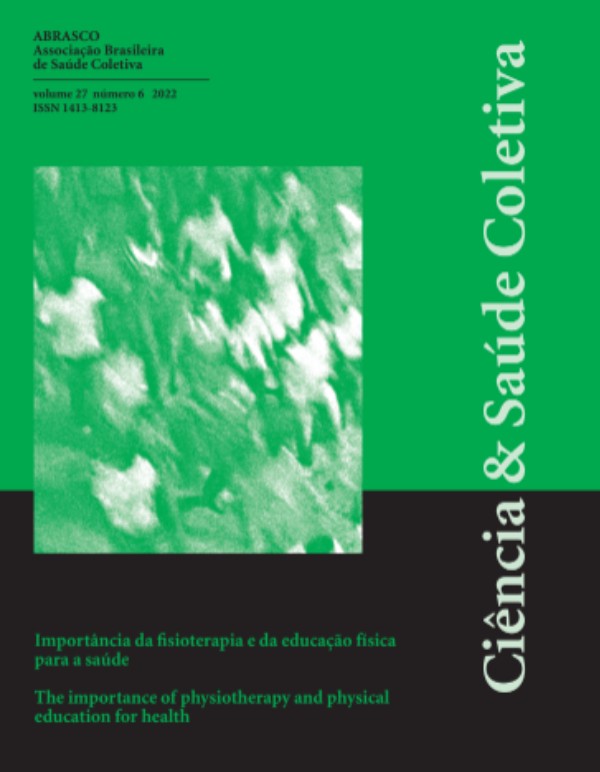0338/2021 - Conceitos de Construção de Autonomia sob o Paradigma Psicossocial no Campo do Cuidado a Usuários de substâncias psicoativas
Concepts of Development of Autonomy under the Psychosocial Paradigm in the Field of Psychoactive Substance Users Care
Autor:
• Matheus Eduardo Rodrigues Martins - Martins, M. E. R. - <Matheus.rodrigues@ufsc.br>ORCID: http://orcid.org/0000-0002-4761-9252
Coautor(es):
• Fatima Buchele Assis - Assis, F. B. - <Fatima.buchele@ufsc.br>ORCID: http://orcid.org/0000-0002-4661-9031
• Carolina Carvalho Bolsoni - Bolsoni, C. C. - <Carolina.bolsoni@posgrad.ufsc.br>
ORCID: http://orcid.org/0000-0003-1246-0218
Resumo:
O paradigma psicossocial no campo das drogas traz foco ao sujeito em sofrimento na relação com sua realidade social, e valoriza a singularidade de usuários e profissionais para o desenvolvimento da atenção em saúde. Conceito que embasa essas características, e que é proveniente de diversos arcabouços teóricos, é o de construção de autonomia. Porém, não há na literatura estudo que o sintetize em suas diferentes acepções. Este artigo objetivou sistematizar os conceitos de construção de autonomia sob o paradigma psicossocial no campo das drogas. A metodologia utilizada foi a revisão integrativa. Pesquisou-se, nas bases Psycinfo, PUBMED, BVS e Web of Science, estudos que analisaram o processo de cuidado utilizando-se da construção de autonomia. Foram identificados esses conceitos, suas referências teóricas, e sistematizados seus fundamentos. Dentre os 22 estudos, há conceitos embasados em seis teorias, como a saúde coletiva e a redução de danos. Pôde-se considerar que a construção de autonomia é um processo que mobiliza diferentes ações, como a corresponsabilização e a atuação sociopolítica territorial; que pode ser sistematizada em três dimensões interrelacionadas; e que detém diferentes raízes epistemológicas, como a psiquiatria da desinstitucionalização. É um conceito complexo que potencializa o desenvolvimento da rede de saúde mental e drogas no país.Palavras-chave:
Autonomia, drogas, serviços de saúde mentalAbstract:
The psychosocial paradigm in the field of drugs focus on the suffering individual in relation to the social reality, and values the singularity of users and healthcare providers to the development of health policies. The concept that underlies and unites these characteristics is autonomy development. However, there isn’t at the scientifique literature a paper that synthetize it in its different definitions. This article aimed to systematize the concepts of autonomy development regarding the psychosocial paradigm in the field of drugs. The method was an integrative review, searching the PsycInfo, PubMed, Bvs and WebOfScience databases for studies that analyzed the process of care for drug users based on autonomy development. The concepts and its references were identified and its fundamentals were systematized. Among the 22 articles there were concepts based on 06 theories, as public health and harm reduction. It could be considered that autonomy development is a process that mobilizes different actions, such as co-responsibility and territorial sociopolitical action; which can be systematize in 03 interrelated dimensions; and which has different epistemological roots such as the psychiatry of deinstitutionalization. It’s a complex concept that enhances the development of the mental health and drug network in the country.Keywords:
autonomy, drugs, mental health servicesConteúdo:
Acessar Revista no ScieloWarning: Empty row packet body in /home/storage/0/6b/e4/cienciaesaudecoletiv/public_html/lib/PHP/class/DB.class.php on line 94













